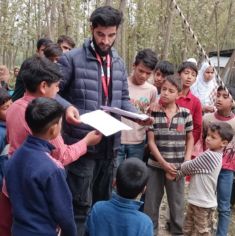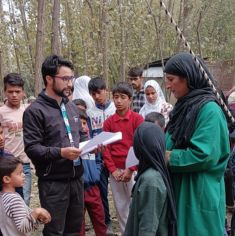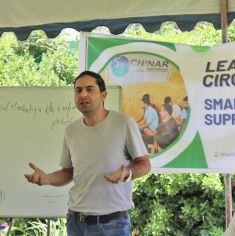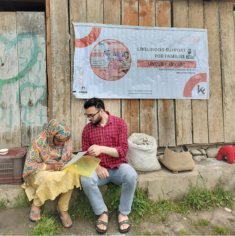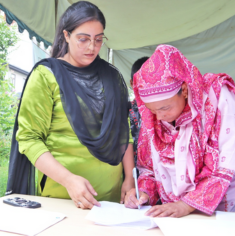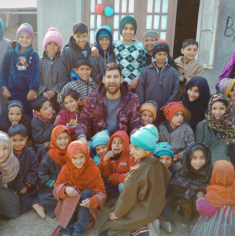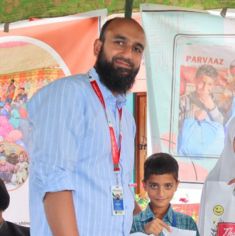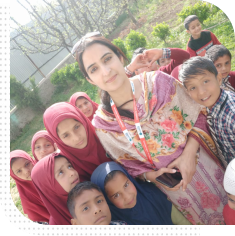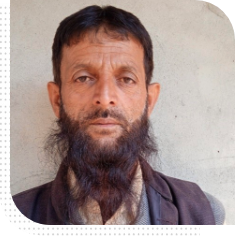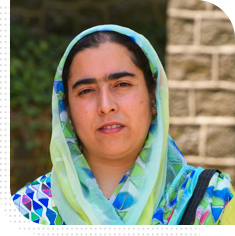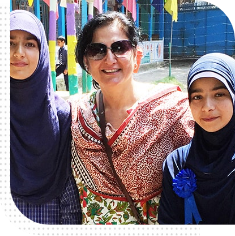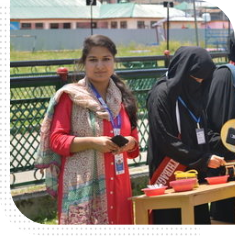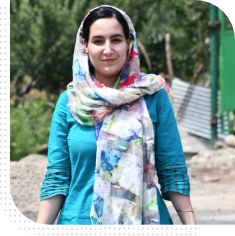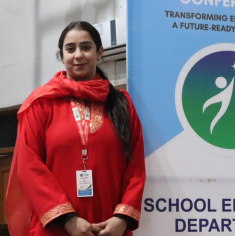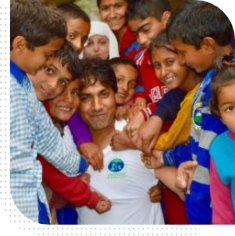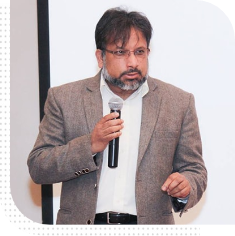Impact

12,014
Students

42
Reading Corners

67
Schools

89
Centers

11
Districts
16
Fellows

58
Digital Literacy Hubs
85
Villages
The Need
In Jammu and Kashmir, a significant portion of the population, especially in marginalized areas, faces severe challenges in accessing quality education. In government schools, where most of the children come from disadvantaged backgrounds, students often struggle with low performance, inadequate infrastructure, gaps in teacher quality, limited community involvement, and socio-emotional challenges. These factors contribute to high dropout rates, learning gaps, and overall disengagement from schooling, creating a pressing need for sustainable interventions that will ensure equitable access to education for all children.

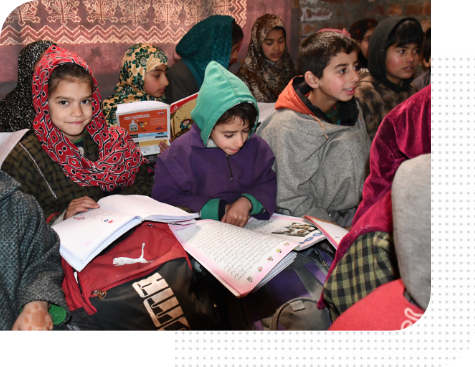
Our Response
In response to the pressing education challenges in Jammu and Kashmir, CHINAR International launched various Quality Education Initiatives, a comprehensive program designed to transform education landscape in J&K
CHINAR’s approach focuses on:
1. Creating a movement of Young, Passionate Teachers and Facilitators.
2. Developing Reading Habits through Reading Corners.
3. Incorporating Digital Literacy at the Primary Level.
4. Strengthening NEP 2020 by Implementing Key Reforms.
5. Working with School Leaders and Key Stakeholders to Drive Change at Scale.
Through these strategic interventions, CHINAR International is creating sustainable, community-driven education reform that provides every child with the opportunity to succeed, breaking the cycle of poverty and educational inequity in Jammu and Kashmir.
Our Response
In response to the pressing education challenges in Jammu and Kashmir, CHINAR International launched various Quality Education Initiatives, a comprehensive program designed to transform education landscape in J&K
CHINAR’s approach focuses on:
1. Creating a movement of Young, Passionate Teachers and Facilitators.
2. Developing Reading Habits through Reading Corners.
3. Incorporating Digital Literacy at the Primary Level.
4. Strengthening NEP 2020 by Implementing Key Reforms.
Through these strategic interventions, CHINAR International is creating sustainable, community-driven education reform that provides every child with the opportunity to succeed, breaking the cycle of poverty and educational inequity in Jammu and Kashmir.

Current Projects
Past Projects

Trainings
Training and capacity building have been pivotal role in reshaping CHINAR International’s approach to education and community development. By equipping teachers, facilitators, and school leaders with the skills they need to succeed, CHINAR fosters long-term...

Reading Corners
Reading corner are spaces which feature a diverse collection of storytelling books and provide students with a comfortable environment. Through regular reading sessions, storytelling events, and literacy-themed activities, our goal is to improve reading fluency...

Digital Literacy
This program focuses on providing children with a solid foundation in digital literacy, enabling them to effectively navigate the digital world. It strives to create a fair learning environment where every student, regardless of their...
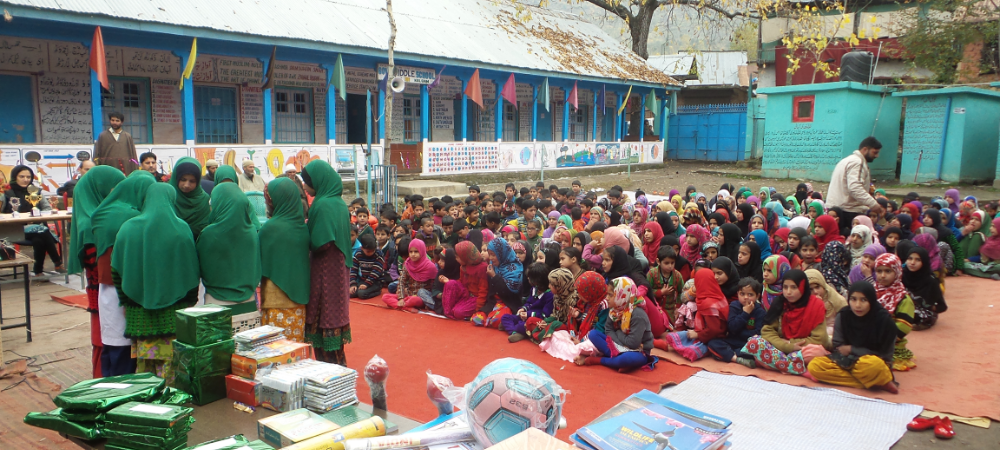
School Transformation
This Program aims to uplift low-resourced government schools by engaging stakeholders meaningfully to provide quality education to children and enhance the overall school ecosystem. The ultimate objective is to transform these schools to become self-sustainable...

Teach with CHINAR Fellowship
The vision of the Teach with CHINAR Fellowship is to Create a cadre of young innovative grassroots leaders who believe that progressive “Quality Education” is the foundation to get the NEXT GENERATION ready for the rapidly...

Community Learning Centers
This program is designed specifically for vulnerable children, offering a safe and supportive environment to bridge learning gaps. Through activity-based learning, it emphasizes the development of socio-emotional competencies, while also actively engaging parents and the...
Current Intervention

Stories From The Field
Quality Education Photo Gallery
FAQ’s
What is the beneficiary selection criteria?
We use well-defined selection criteria to identify communities who are suffering from poverty and who are vulnerable to internal and external factors that could affect the quality of their lives and education of their children. The socioeconomic condition of the community is one of the primary reasons for selecting the school (type of livelihood, lower literacy rates, higher percentage of dropouts, girl education). The school should be accessible to all the stakeholders (at district level) and should have all-weather road connectivity to ensure monitoring and evaluation of the project. For more information, please see our Process and Protocols HERE.















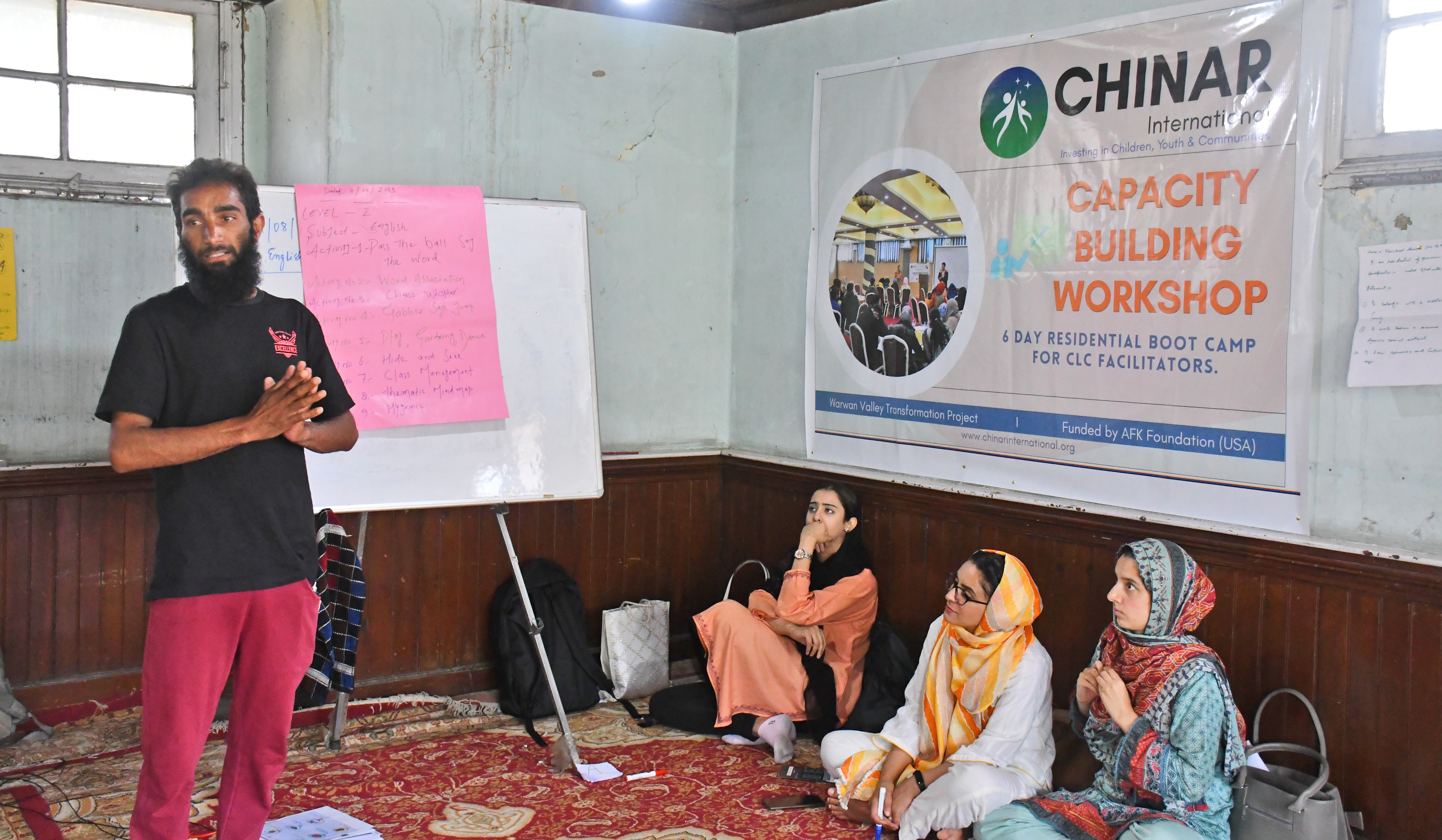
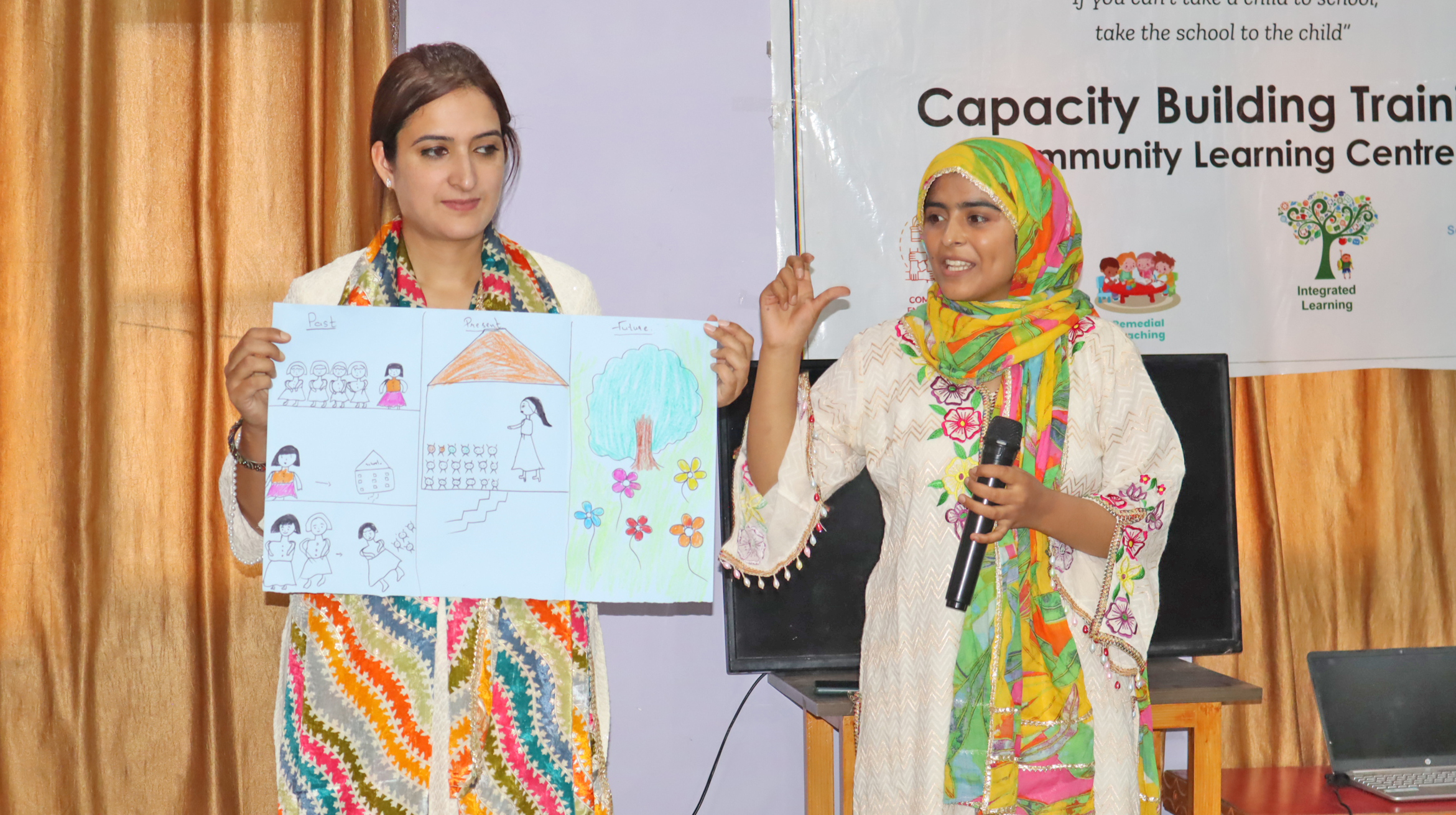
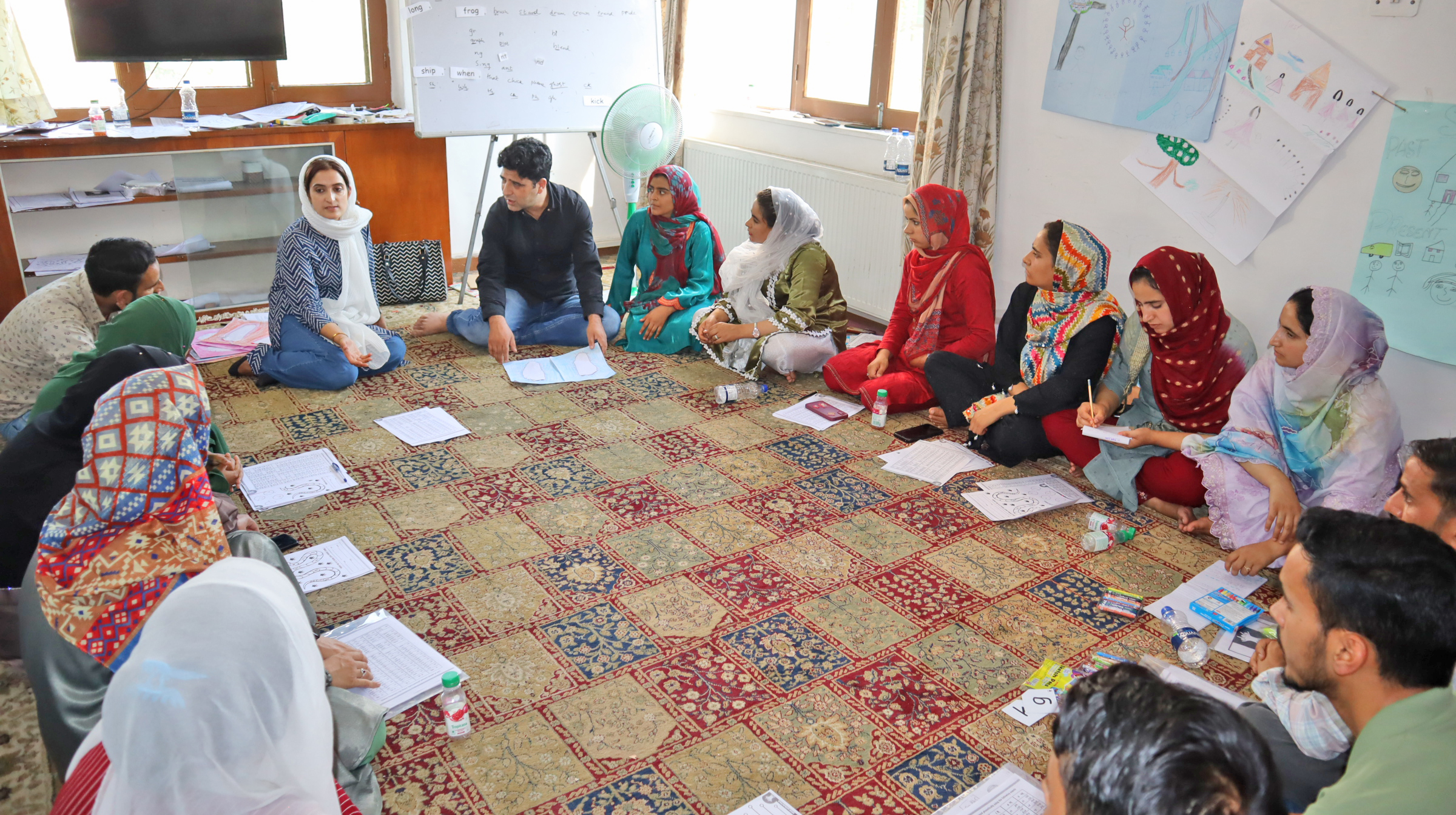
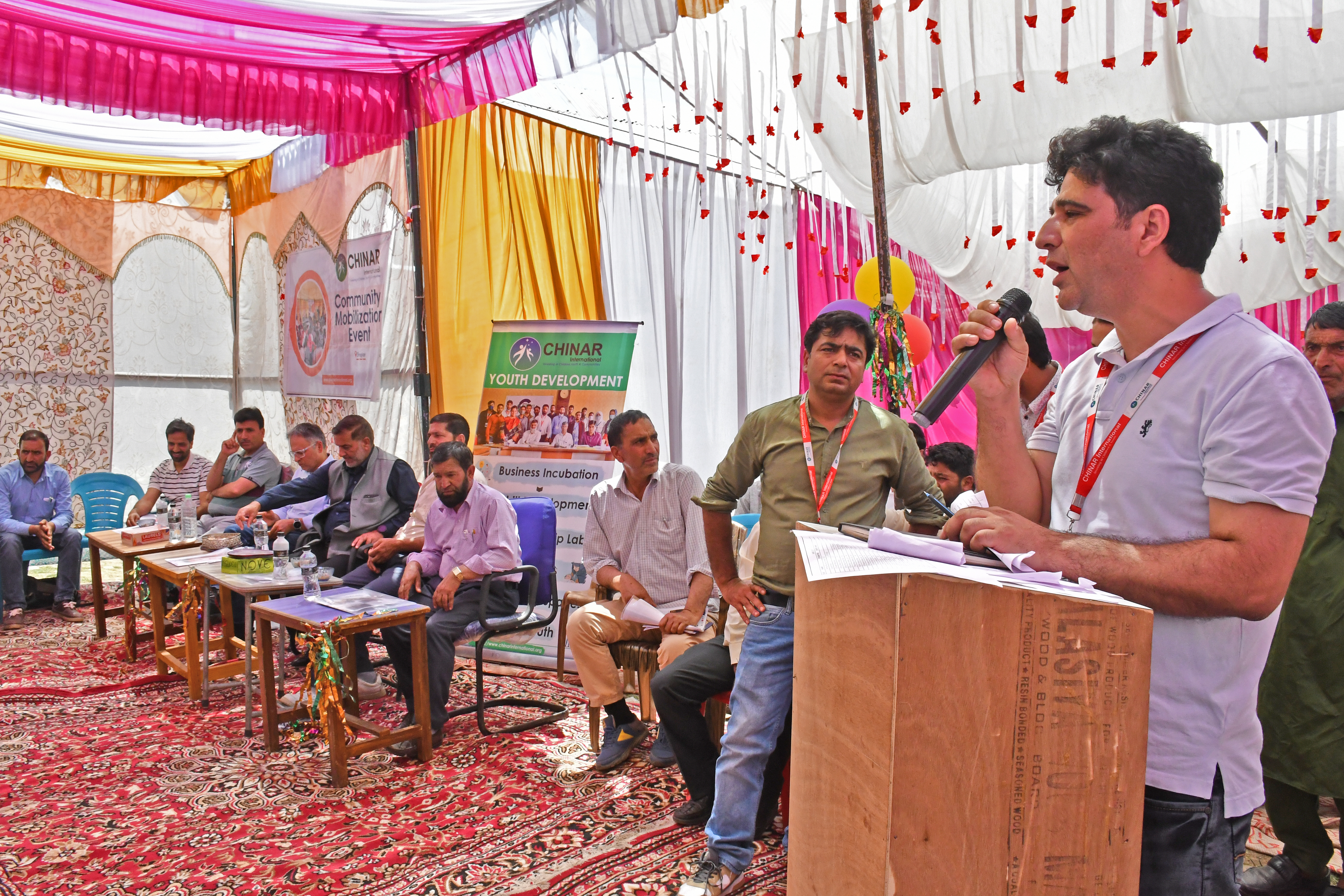
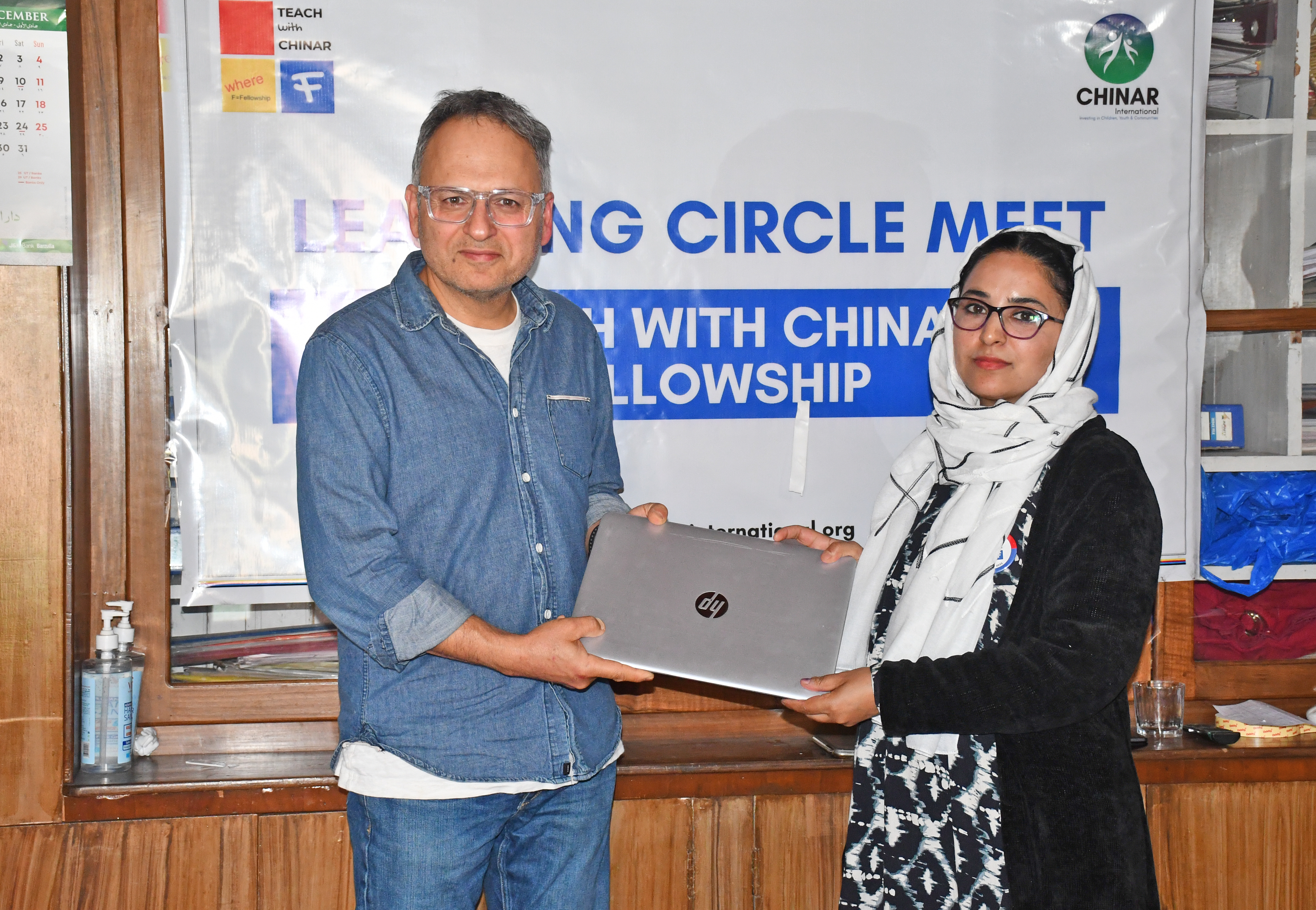
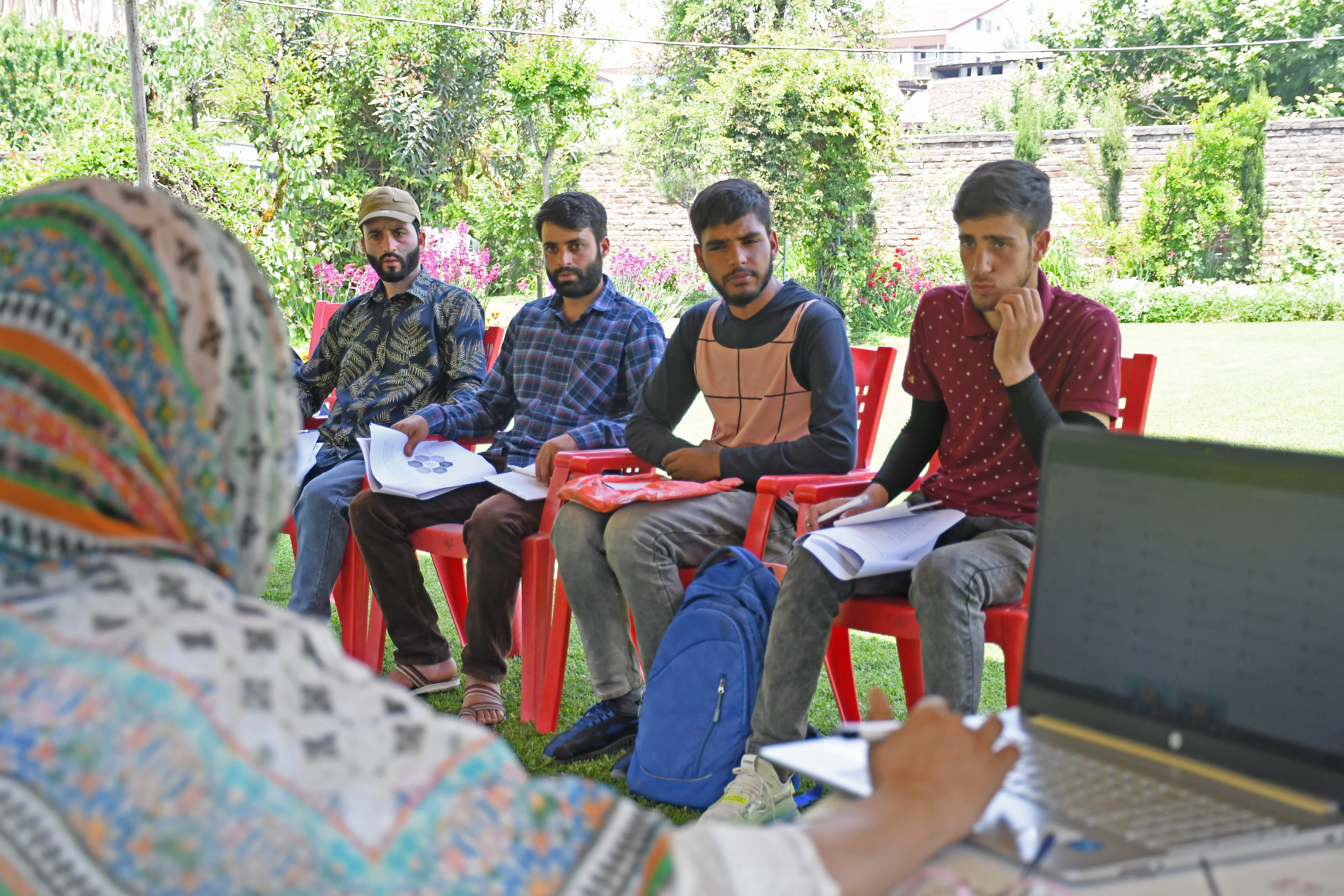
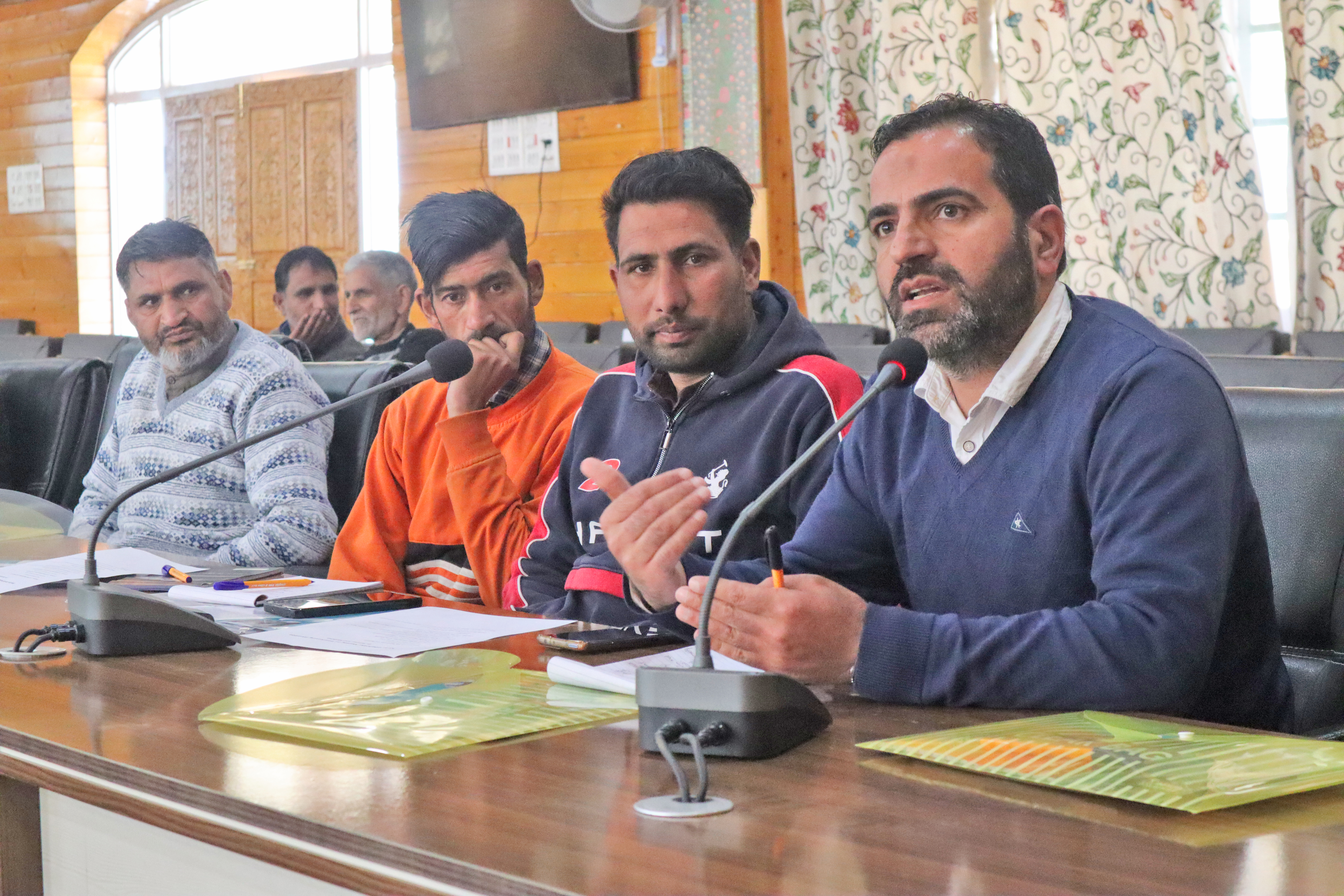
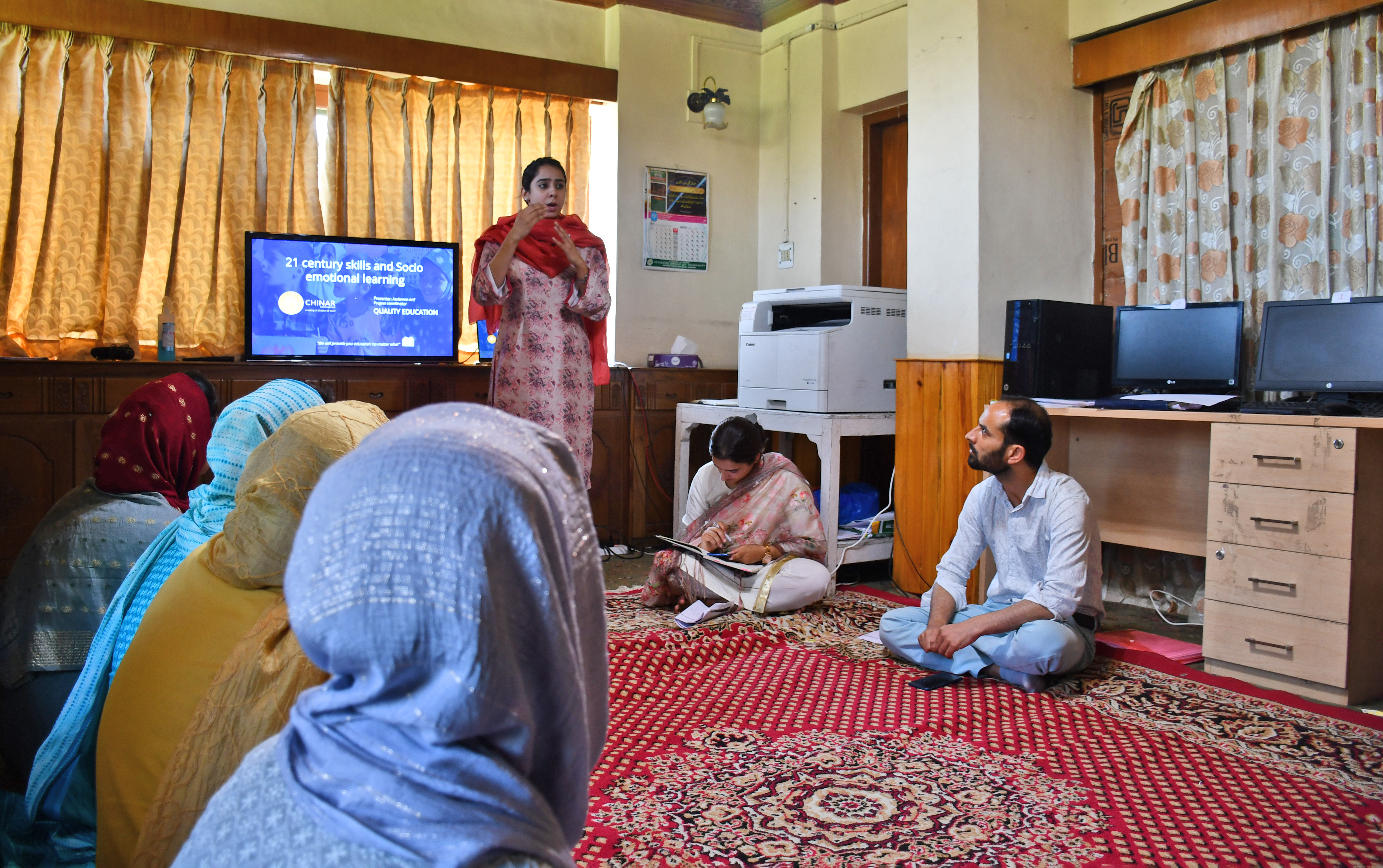
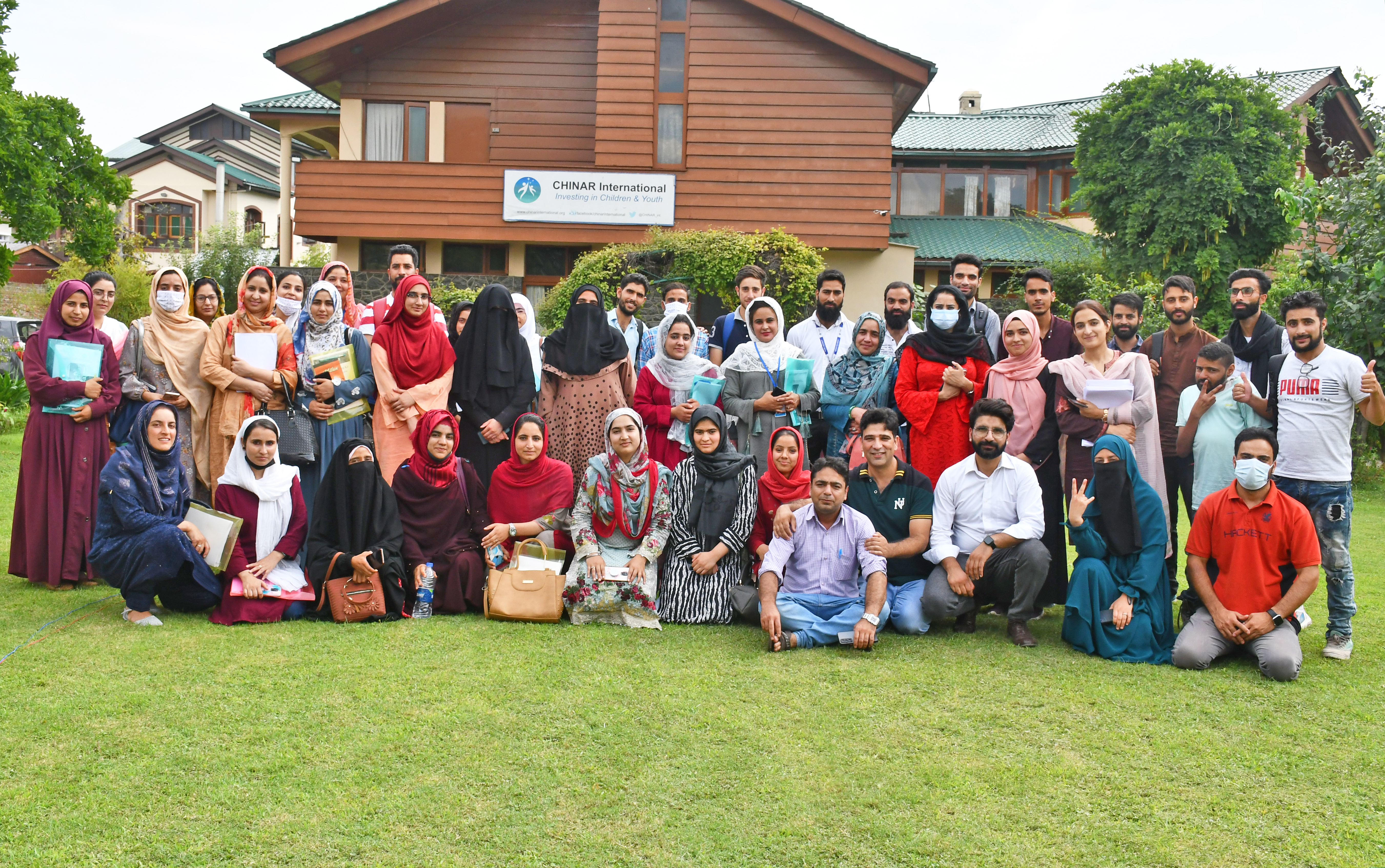
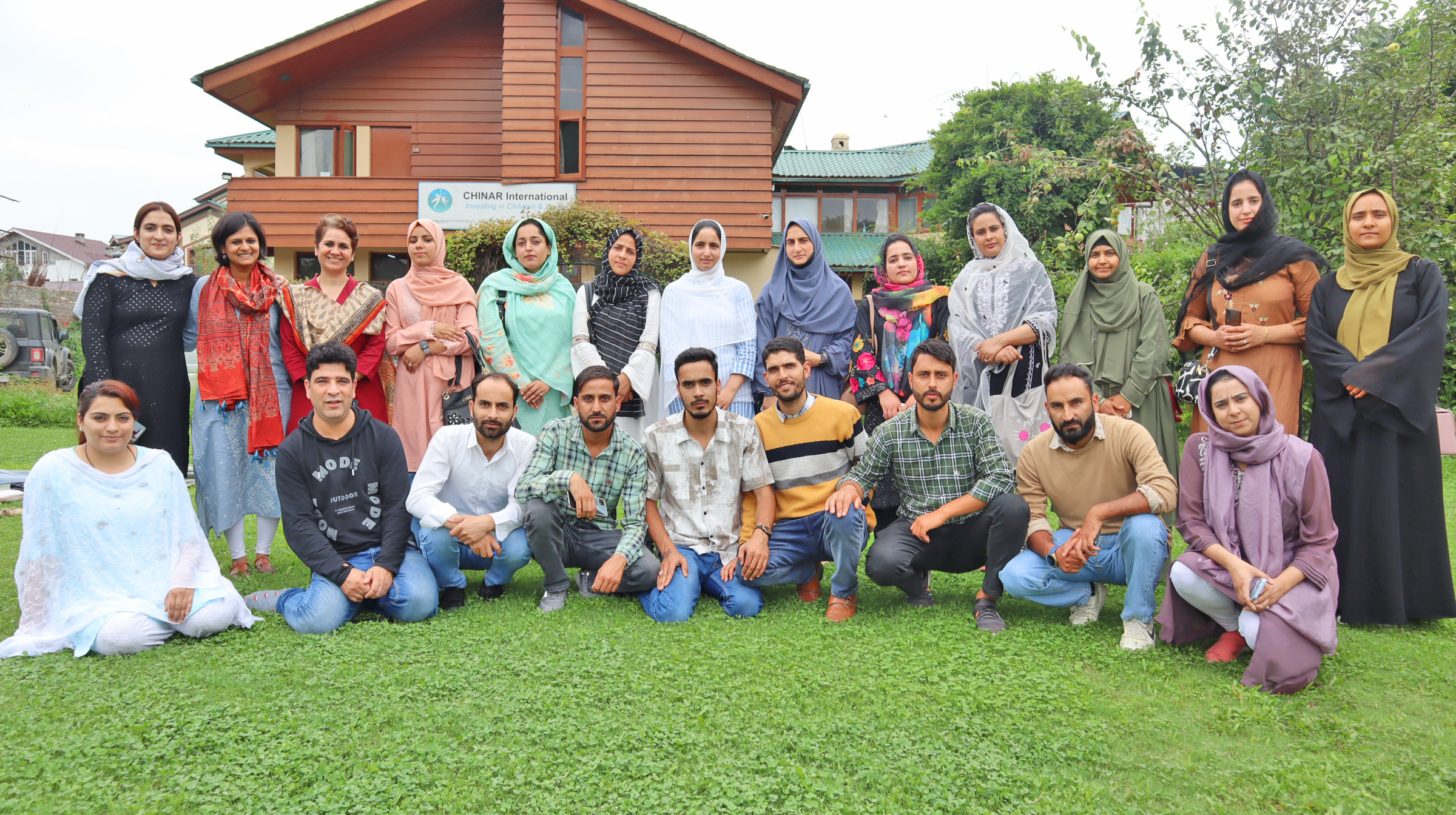

